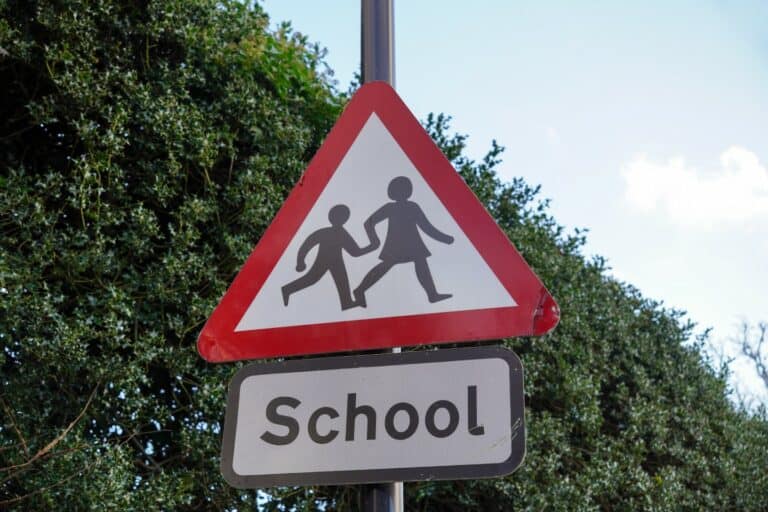
The silent struggle: Abuse in sports and why it can go unreported
Sport has always been a vital part of many people’s lives, shaping their physical health, social interactions, and personal development. It represents a source of joy and camaraderie and provides opportunities for personal growth. Unfortunately, not everyone’s experience is positive. There exists a darker side, where coaches use their positions of power and trust to abuse and harm those under their supervision.
Abuse in sports is a pervasive issue that affects athletes of all ages and levels. While we often hear about high-profile cases involving elite athletes, abuse can occur at any level, from youth leagues to professional tiers. The perpetrators often exploit their positions of authority and the trust placed in them by athletes, parents, and organisations.
Coaches hold significant authority over athletes, controlling not only their training regimens but also their opportunities for progress and success. Athletes feel pressured to comply with a coach’s demands, even when they are unreasonable or harmful. This dynamic can create an environment where the power imbalance can be exploited by coaches improperly by engaging in emotional, physical, or sexual abuse.
They may use intimidation, manipulation, or coercion to maintain control, leaving athletes feeling powerless and vulnerable. This misuse of power can have devastating effects on athletes’ mental and physical well-being, undermining the principles of trust, respect, and support that should define the coach-athlete relationship.
Forms of abuse
Abuse in sports can take various forms, including:
- Physical abuse: This involves the use of physical force that can cause harm or injury. It can range from excessive training demands to outright violence, often used as punishment for perceived poor performance.
- Emotional abuse: This includes behaviours that harm an athlete’s self-worth or emotional well-being. Examples include verbal assaults, psychological manipulation, humiliation, and intimidation.
- Sexual abuse: This is often the most publicised form of abuse in sports, with numerous cases coming to light in recent years.
- Neglect: This occurs when a coach or guardian fails to provide necessary care, supervision, or guidance, putting the athlete’s health and safety at risk. This can also include improperly treating injuries or not treating them at all and forcing injured athletes to continue training and playing.
Why abuse goes unreported
Several factors contribute to the underreporting of abuse in sports, including:
- Fear of retaliation: Athletes may fear retribution from their abuser or the organisation if they speak out, worrying their careers could be jeopardised, their playing time reduced, or they could face social rejection within their team.
- Shame and embarrassment: Victims may feel ashamed or embarrassed about the abuse, blaming themselves for what happened.
- Lack of awareness: Many athletes, especially younger ones, might not recognise the behaviour as abusive or know how to report it. Additionally, they may lack education on healthy boundaries and appropriate coach-athlete dynamics, further contributing to their inability to recognise and address abusive situations.
- Fear of losing their coach: While it may not always be apparent, many athletes, both young and professional, fear losing their coaches who manage their careers. They worry that speaking up could result in losing their coach, which would negatively impact their future in the sport.
The effect of abuse on athletes can be profound and long-lasting. Victims may experience physical injuries and psychological trauma. The emotional scars can lead to depression, anxiety, and other mental health issues.
No matter the size of the sports organisation, every athlete deserves appropriate care and respect in their sporting environment. Whether you are a young athlete with big dreams, an adult competing internationally, or a player in a local league, safeguarding and support should always be a priority.
At Bolt Burdon Kemp, we understand speaking up after experiencing trauma can be overwhelming. You might worry about the impact disclosing abuse could have on your career or reputation. However, our specialist abuse solicitors are here to advise, support, and help you make a claim if you have been abused in a sports setting. Sharing your experiences with someone you trust can help you move forward and prevent the abuser from harming more victims.
Our Abuse Claims team has extensive experience in securing compensation for victims and survivors of abuse. Are you seeking help on behalf of yourself or someone you know? We will support you in seeking justice for the wrongs you have suffered, and we will make sure the process of bringing the claim is handled with sensitivity, empathy, and compassion.










